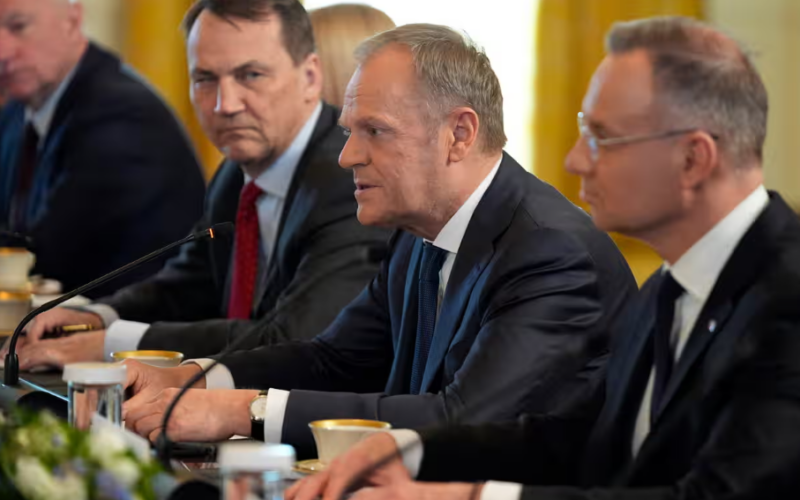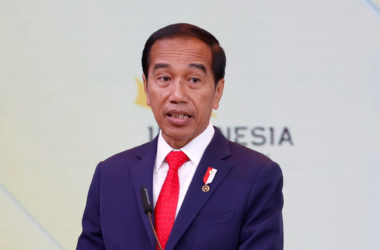In a significant diplomatic move, Poland has initiated the recall of 50 ambassadors appointed during the tenure of the previous right-wing government. This decision underscores a shift in Poland’s foreign policy priorities under the current administration and signals a recalibration of diplomatic representation to align with evolving national interests and objectives.
The decision to recall a sizable number of ambassadors appointed by the former right-wing government reflects the new administration’s desire to assert its authority and imprint on Poland’s diplomatic corps. With diplomatic appointments being a crucial tool in shaping foreign relations and projecting national interests, the recall signifies a deliberate effort to realign Poland’s diplomatic network with the vision and agenda of the current government.
The recall of ambassadors is not merely a procedural matter but carries significant implications for Poland’s diplomatic engagements and global standing. Ambassadors play a pivotal role in representing their countries abroad, advocating for their interests, and fostering bilateral relations with host nations. By recalling envoys appointed by the previous administration, Poland seeks to ensure that its diplomatic corps is fully aligned with the strategic priorities and values of the current government.
The decision to recall ambassadors appointed by the former right-wing government also reflects broader ideological and political considerations. Poland has experienced a series of political shifts in recent years, with successive governments representing divergent visions for the country’s future. The recall of ambassadors appointed under the previous administration may be interpreted as a symbolic break with the policies and ideologies of the past, as the current government seeks to assert its own identity and agenda on the world stage.
Furthermore, the recall of ambassadors underscores the dynamic nature of Poland’s foreign policy and its responsiveness to changing domestic and international circumstances. As Poland navigates a complex geopolitical landscape marked by shifting alliances, global challenges, and regional dynamics, the recalibration of its diplomatic representation is a strategic maneuver aimed at enhancing the country’s ability to advance its interests and pursue its objectives effectively.
The decision to recall 50 ambassadors appointed by the former right-wing government is likely to have ripple effects across Poland’s diplomatic network and international relations. It will necessitate the appointment of new envoys to key posts, the reevaluation of bilateral relationships, and the adaptation of diplomatic strategies to reflect the priorities of the current administration. Moreover, it may also provoke reactions from other countries, raising questions about the continuity and stability of Poland’s foreign policy direction.
While the recall of ambassadors represents a significant shift in Poland’s diplomatic posture, it is important to note that such actions are not uncommon in the realm of international relations. Governments frequently make changes to their diplomatic representation to reflect changes in leadership, policy priorities, and strategic imperatives. Nonetheless, the recall of 50 ambassadors underscores the depth of Poland’s commitment to shaping its foreign relations in line with the vision and agenda of the current government.
In conclusion, Poland’s decision to recall 50 ambassadors appointed by the former right-wing government signals a recalibration of its diplomatic representation and priorities under the current administration. As Poland seeks to assert its identity and advance its interests on the world stage, the recall of ambassadors reflects a dynamic and responsive approach to the challenges and opportunities of the contemporary geopolitical landscape.








